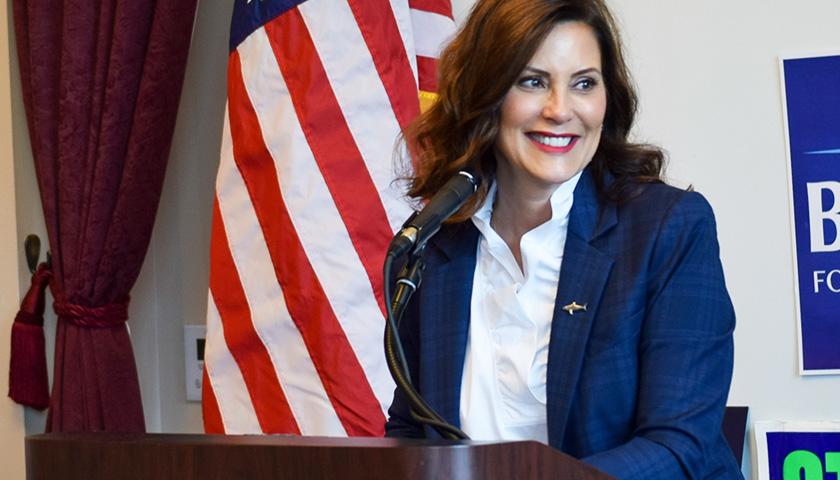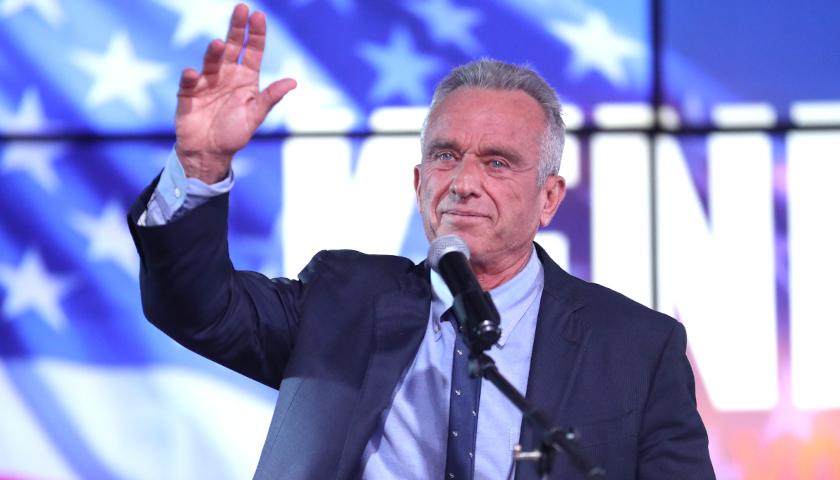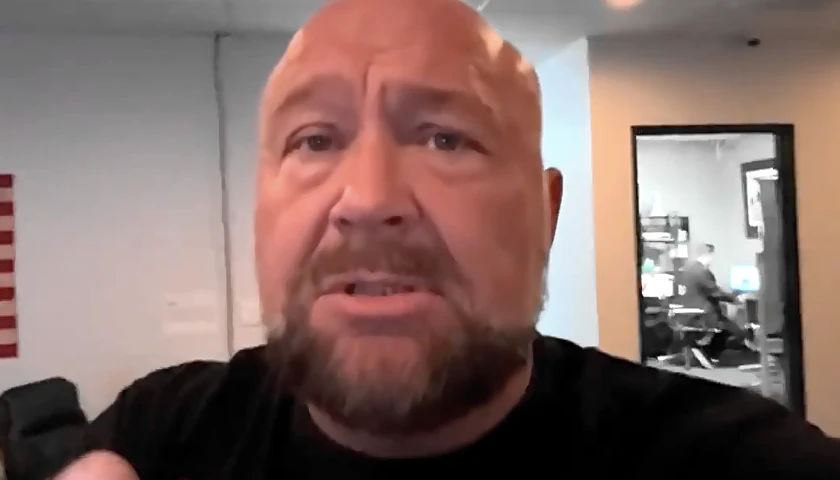by Scott McClallen
When government grows, taxpayers should ask why and what they’re getting from it.
A Michigan Senate Fiscal Agency report shows in fiscal year 2017-18, adjusted total appropriations equaled $55.8 billion. From fiscal year 2017-24, spending ballooned to $82 billion – a spending increase of $26 billion, or 47%.
Gov. Gretchen Whitmer’s 2024 budget alone adds 899 government workers.
Since Whitmer took office in 2019, she’s grown recurring government costs by more than $513,870, according to record requests filed by The Center Square. With the stroke of a pen in 2020, Whitmer created the Office of Future Mobility and Electrification to support emerging technology and her climate goals of 2 million EVs driving on Michigan’s roads by 2030. Seven years prior, just 25,181 EVs are registered statewide.
Former Chief Mobility Officer Trevor Pawl earned a $174,270 annual salary at pay grade 9, according to the Michigan Economic Development Corporation job listing.
The OFME office has four employees whose salaries total at least $373,740. Ryan Micheal makes $148,027; Kathryn Snorrason makes $137,213; Charlie Tyson makes $112,992 and Janine Ward makes $88,500.
In 2022, Whitmer named a chief connectivity officer, Eric Frederick, to helm Michigan’s High-Speed Internet Office. He earns $159,600 annually.
Created by Whitmer’s Executive Directive in June 2021, MIHI includes eight staff members located within the Prosperity Division of the Department of Labor and Economic Opportunity. A record request seeking MIHI’s total taxpayer cost is pending. It’s unclear whether all the positions are filled.
A LEO PowerPoint says eight people were meant to staff the agency,
MIHI says it earns its keep by administering $238 million in federal funding through the Coronavirus Capital Projects Fund to deploy high-speed internet to about 200,000 unserved locations statewide.
Also, recently the National Telecommunications and Information Administration awarded a $61 million grant to Peninsula Fiber Network to improve high-speed internet access for unserved communities.
The funding will place 535 miles of new middle-mile fiber through underserved Michigan communities. The idea is to connect Michiganders to the internet, where they can work and play, and learn, giving the state more revenue.
In 2023, Whitme named a chief growth officer, Hillary Doe, who makes $180,000 annually, according to records requests. Doe is tasked to stop population loss, but it’s unclear how one person can affect the migration patterns of a state where 10 million people live and work.
The National Association of State Budget Offices says the overall increase in total state spending in fiscal 2022 was largely driven by general fund spending, which grew 18.1%, the highest rate in the 36-year history of the State Expenditure Report.
The increase mainly derives from states spending down surplus funds, largely for one-time purposes.
Whitmer touts lowering costs for Michiganders by providing cost-free breakfast and lunch to schoolchildren, subsidized college and pre-kindergarten, and tax breaks on electric vehicles.
Whitmer tweeted last week: “Our latest budget makes historic investments, but it’s also all about lowering costs,” Whitmer tweeted. “For example, we’re investing in free breakfast and lunch for all Michigan K-12 students, saving families hundreds of dollars on their grocery bills and in the school lunch lines.”
However, the programs aren’t lowering costs- they’re just shifting them from taxpayers’ out-of-pocket expenses to an ever-expanding budget shouldered by taxpayers.
– – –
Scott McClallen is a staff writer covering Michigan and Minnesota for The Center Square. A graduate of Hillsdale College, his work has appeared on Forbes.com and FEE.org. Previously, he worked as a financial analyst at Pepsi. In 2021, he published a book on technology and privacy. He co-hosts the weekly Michigan in Focus podcast.
Photo “Gretchen Whitmer” by Gretchen Whitmer.





